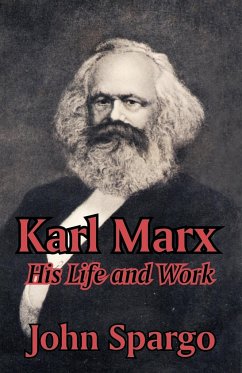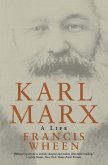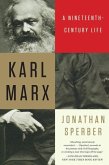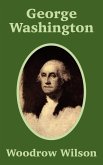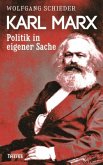"The author has performed a needed service in giving us an excellent biography of a man whose influence has extended to almost every people on the face of the earth and under whose banner are enrolled something like ten million voters. There are many illustrations and the fund of information is such that the work is indispensable to all who would intelligently oppose or enthusiastically support the movement." - San Francisco Chronicle John Spargo (1876-1966) was a leading socialist writer of the period. Spargo, trained as a stonecutter, but became a lay Methodist minister, became identified with the socialists in England in early life, became a leader in the English labor movement; and served on the Executive Council of the Social Democratic Federation. He immigrated to America in 1901 and was thereafter a longtime member of the National Executive Committee of the American Socialist Party. He regarded Bolshevism as an "inverted form of Czarism." He edited the socialist periodical, The Comrade, became involved in child labor issues; helped promote laws on child and woman labor, and moved to Vermont in 1909. He remained active in socialist circles, but moved to the right over World War I, and with Samuel Gompers and George Creel, founded the American Alliance for Labor and Democracy, in favor of American involvement in the war. He gradually became outspoken advocate of free-market capitalism. His major publications include The Bitter Cry of Children (1906) and Karl Marx: His Life and Work (1909).

